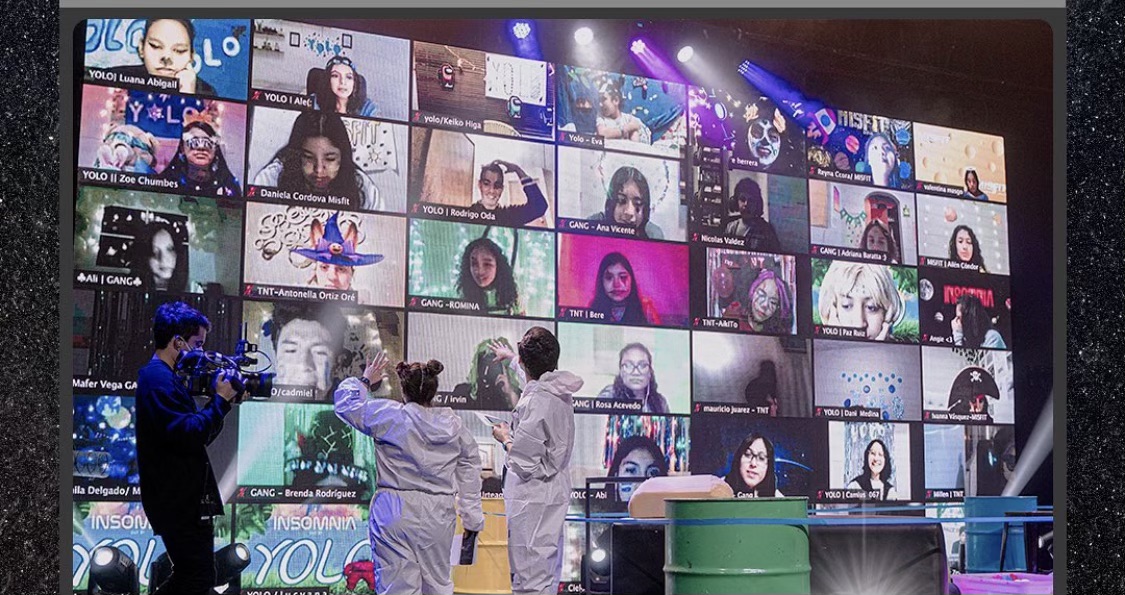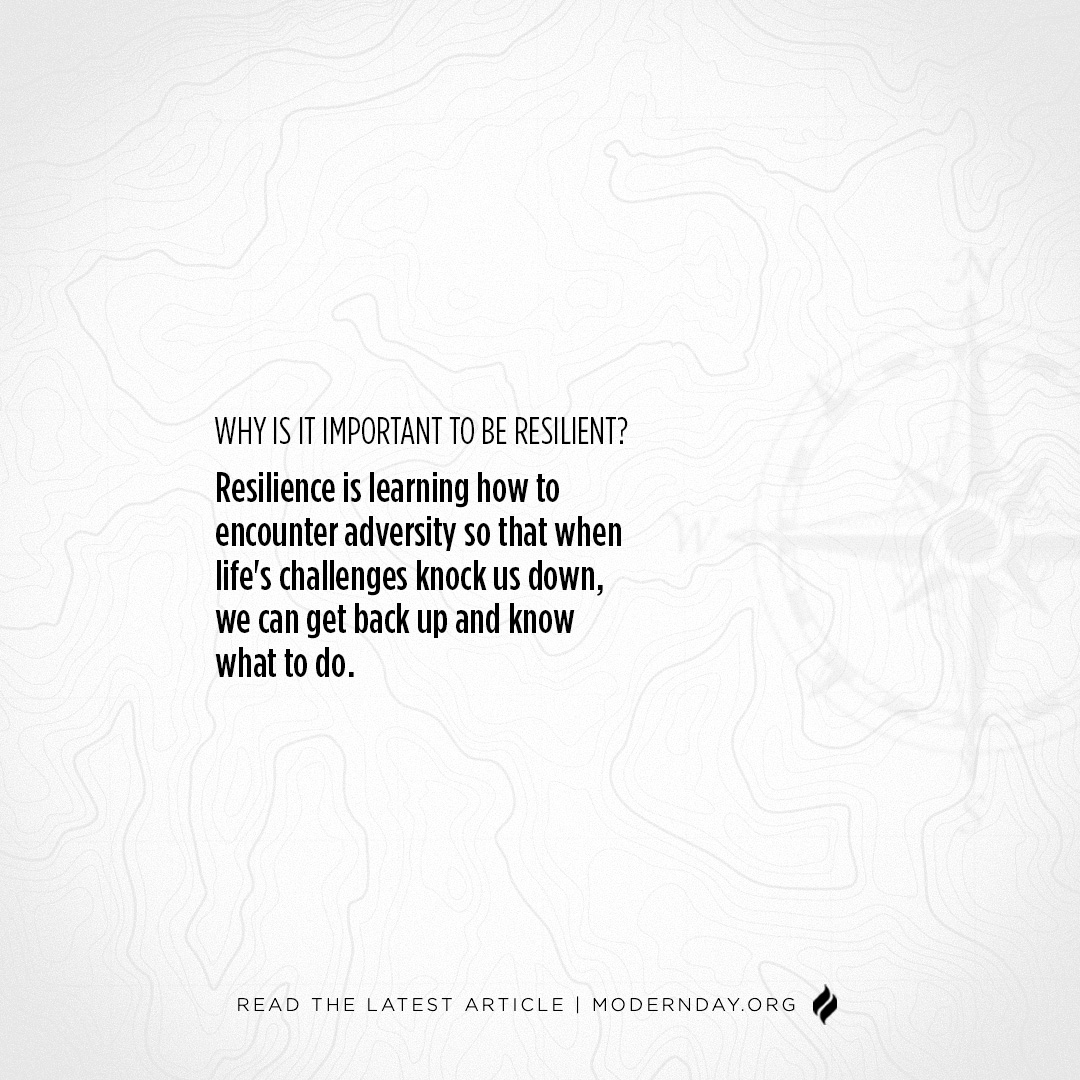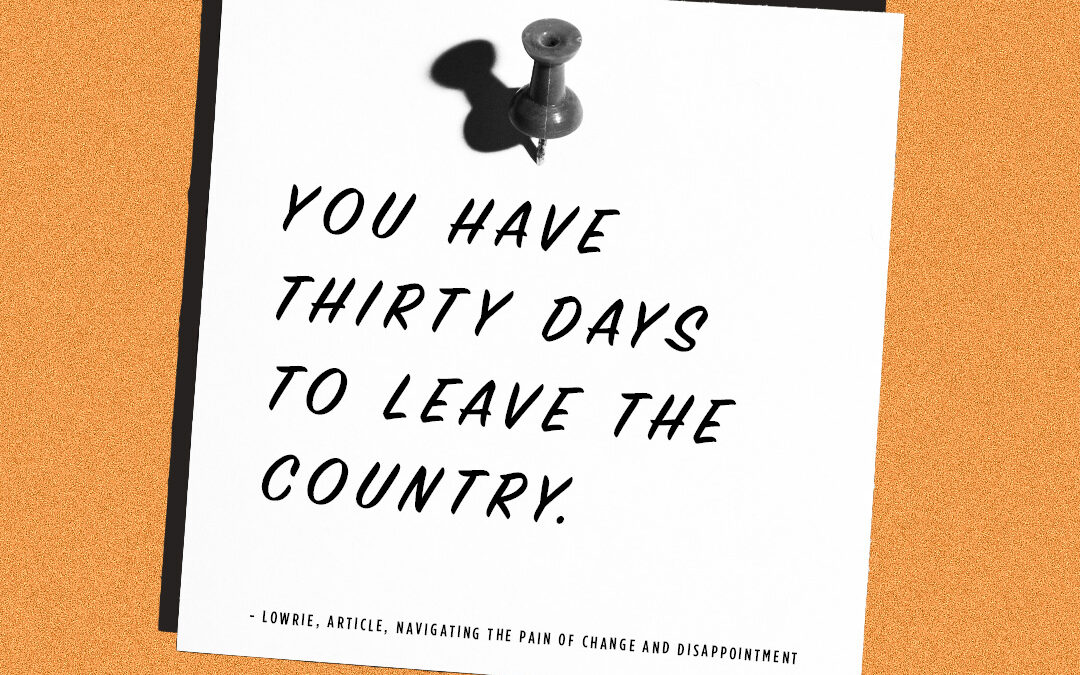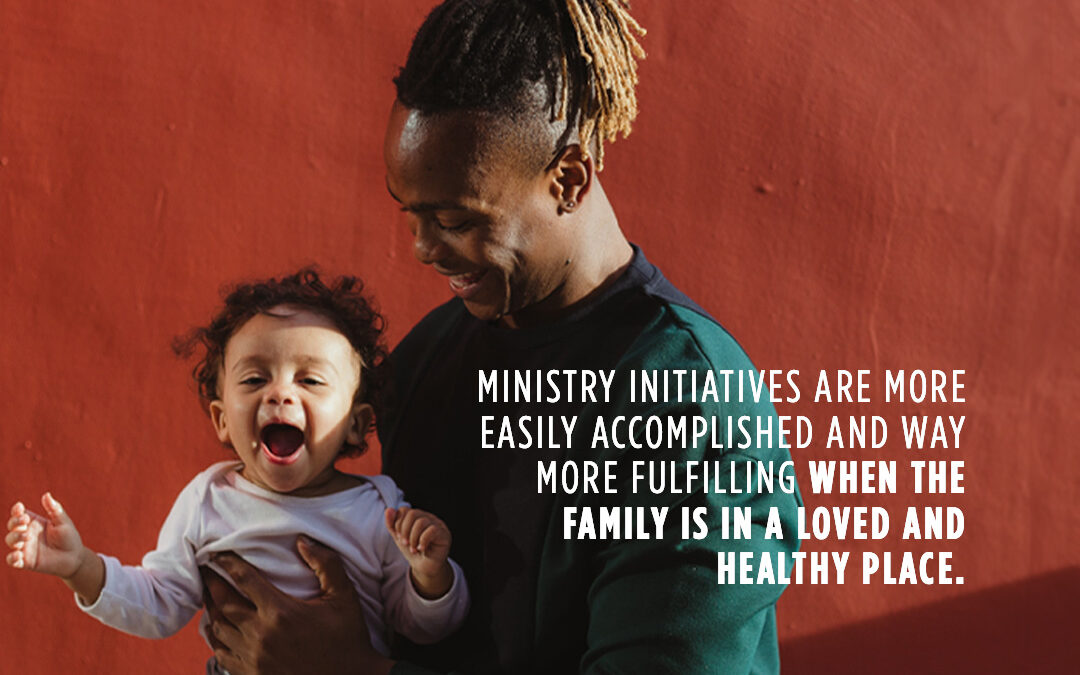Article #1 : The Places
One of my earliest memories of church is running through a full coat closet being chased by or in full pursuit of my buddies. Standing in the church foyer as my parents stood around was so boring, but tearing through the oversized Minnesota-freeze-resistant winter gear with my guys felt like our divine calling.
I’ve noticed that most churches don’t have coat closets anymore. I wonder what inspired the change and even more, I wonder how it has affected an entire generation of overly energetic church kids’ spiritual formation not having coat closets to play hide-and-seek in as part of their holy moments at church.
I believe all Christians have among their formative memories of church, a place that they remember–– specific rooms or areas within that church where growth happened, friendships were deepened, or special moments took place.
What was it for you? Perhaps it was the purple-carpeted foyer, where you caught the eye of that beautiful greeter who later became your spouse. Perhaps it was the altar, where, looking up at the wooden cross on the wall as the worship band played, you gave your life to Christ. Maybe it was the baptistery where you came out of the cold waters soaked on the outside but ablaze on the inside. Or the smooth, worn-down pew where, seated next to your family, you heard an unexpected word from God that suddenly changed everything.
As humans, a sense of place matters.
Where we do life, where we connect, and where the pivotal spiritual moments in our life happen are all significant.
As we look to the region of Latin America and many Christians communities there, the pandemic has turned the pews upside down and forced the majority of churches to relocate and redefine their sense of legitimate gathering spaces.
Unlike some regions of the world, where the notion of social distancing was suggestive and the forced closing of church buildings was for a mere few weeks or few months, tens of thousands (if not more) of Latin American churches were forced to be in complete physical isolation for over a year and beyond. Some have still not been able to secure a new space to call home.
This prolonged shutdown has a profound impact on what it means to be the church and do life together as a body of believers.
Remaining present and active in each other’s lives in ways that reflect our biblical values of hospitality, prayer, exhortation and worship required a new set of commitments and competencies to be able to simply “get to” a church service.
Bus routes and parking spots have been traded in for Zoom links and YouTube channels. The warm Christian greeting of a handshake or hug was traded in for emojis and comments in a chat.
The changes that have happened in the Latin American church are far greater than the disappearance of Minnesota coat closets.
There is a whole generation of youth that have lived long enough in a digital space of church life that this will be the place they remember the spiritual milestones of their faith occurring.
Recognizing this dynamic quickly, Modern Day’s strategic partner in Latin America, Pastor Robert Barriger, began to intentionally repurpose his team and open the doors wide for new “rooms” and “spaces” where people can connect. The driving thought was that “social distancing” is a misnomer that we must redefine.
Even though his church, Camino de Vida, in Peru had no way of opening its doors to the 24 live services at the 6 physical campuses he had had in his city prior to Covid, he knew that “social” distancing would starve people of the community that God––and even the mental health field––know that humans need.
So while the church practiced “physical” distancing, they reimagined what “social” could look like. Physical distance did not have to mean social distance or spiritual isolation.
Pastor Barriger reframed the crisis and opened a wide and effective door for small groups. Before Covid, during their first small group season of 2020, they began with 500+ small groups that all met physically in homes and around the city.
Amazing, right? But it gets better.
Rather than Covid and Peru’s lockdown shrinking the church, by strategically utilizing small groups as a way to keep people connected and in community, Camino de Vida ended the third and final small group season of the year with over 1,700+ groups with double the average group attendance…all of these groups taking place online.
Their leadership institute, IDL, grew as well. Pastor Barriger decided to pivot the formerly in-classroom instruction model where students had to pay tuition, to a completely free online classroom model. The program shot up from a little over 100 students from their full-time and part-time programs combined, to ending 2021 with 376 students from 9 Latin American countries.
In his own words, “The pandemic may have closed six of our churches, but it opened up thousands of churches in homes.” He recognized that even though the church was unable to be invited into a church building, the church itself could invite the pastor into each of their homes, LIVE and all at the same time.
Spanish-speakers from all over the world began to join these groups, bringing a richness and diversity to the church it had never before experienced. This provided Peruvian expats and other Spanish-speakers, the opportunity to not only listen to messages from Camino de Vida, but actually become part of the church family. In the pandemic, Camino de Vida went global.
Unfortunately, not all stories coming from Latin America have been encouraging. Many churches have disappeared entirely, others have closed or have shrunk in the wake of arguably the most prolonged health and social crisis this generation of church leaders have had to face.
However, for churches that continue to weather the storm, one of the greatest impacts the pandemic has had on Latin American congregations has been a new way of finding ownership for church attendees.
Before, people took ownership in the ministries they served in at the church or groups they led in coffee shops or homes. I once served there, in the house of God, by sweeping the auditorium. Can I now serve here, in my home, by doing the dishes? I once taught a Bible study there, at church. Can I now lead a small group here, over Zoom, and stay connected to other people’s lives?
Where we gather for the time being may not be there, in our physical church buildings or the places we were used to, but we still gather.
There is a tough road ahead for whatever reopening church buildings looks like in Latin America. But as churches do open again, there is a great anticipation for the effectiveness we’ll see with those who still stand.
As it’s been said, “Calm waters never made a good sailor.” The treacherous waters of the pandemic will have produced some of the greatest sailors that the church has known, who are resolved to seeing the church gather in the harvest no matter what, and no matter where.
What can we do to help?
Being that the church in Latin America has had to rely so heavily on digital church, there is a great need for technology and equipment that supports content creators. You can partner with churches and ministries that support other churches and ministries by creating worship albums, podcasts, children’s programming and online training workshops to continue aiding and equipping other churches to be more effective at engaging their congregations online.
Tech is expensive, especially in Latin America. Financial support of ministries that are committed to helping other ministries is a tangible way anyone can help the region continue to flourish in these difficult times.
Modern Day partners with ministries and missionaries doing incredibly fruitful things in the region. Visit their webpage to become familiar with them. Their strategic partners in the region are Life Missions, Shores of Grace, and others who are committed to seeing the Body of Christ grow despite the difficult times.
The Gutierrez Family are missionaries with Modern Day Missions. To learn more about the Gutierrez family, please follow the link.







